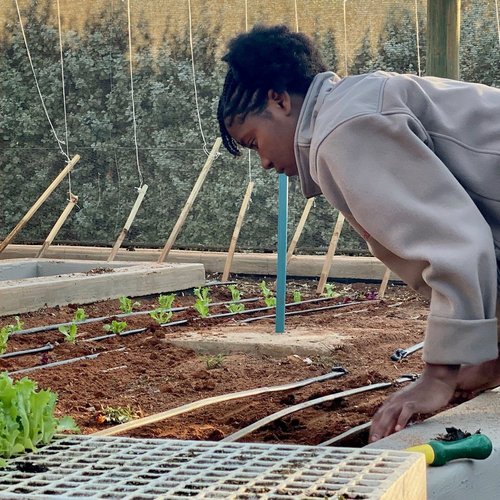hardap
The DBE brings the broader Hardap regional community (in which Wolwedans is located) on board, especially farmers who are already in a position to supply items needs for our primary economy (or that of other businesses in the destination), such as fresh produce (e.g. meat – fresh and processed), eggs, honey, cheese, pickles, jams, juice, and whatever could excite the palate of visitors to Wolwedans.
The plethora of goods and services needed to feed the region’s tourism economy could reasonably provide sufficient demand to justify and sustain a thriving supply chain, providing opportunities for micro enterprises to develop and flourish, and boosting economic activity in the area. These opportunities could be developed with a local or seasonal ‘flair’, making them easier to produce while simultaneously giving a unique, destination-specific experience to travellers; in other words, something they can't find anywhere else.
For example, instead of serving cool drinks like Coke or Ginger Ale (or whatever ‘refreshment’ is conveniently pulled from the fridge) guests would have the option of drinking homemade iced tea and fresh juices such as lemon, prickly pear (a real Namibian special), mulberry, or whatever happens to be in season. Concentrates could be purchased by Wolwedans, mixed with our perfectly refreshing borehole water, and displayed in big glass dispensers to entice guests to indulge in a taste. The choice would be small, but the refreshment authentic, and ‘Mrs v.d. Merwe’ from the farm down the road who made the lemon juice and sold it to Wolwedans is happy to be part of the Desert Based Economy. She also brings a story to the Wolwedans experience, further enriching the guest's connection with the destination.
Another good example is meat – a ‘resource’ that Wolwedans currently procures from Windhoek and has transported all the way to the desert. This should not be so. By building a proper meat processing facility and butchery at Wolwedans, meat could be procured locally, bringing local farmers on board with the Desert Based Economy and making them see benefit in being a partner of NamibRand and of pursuing a model of multiple land uses, including conservation/tourism and agriculture that is harmonious with conservation. Processing meat and adding value also enhances locally-available skills, diversified our training, generates income for the Foundation and reduces the carbon footprint of all businesses that shift their procurement to local suppliers.

